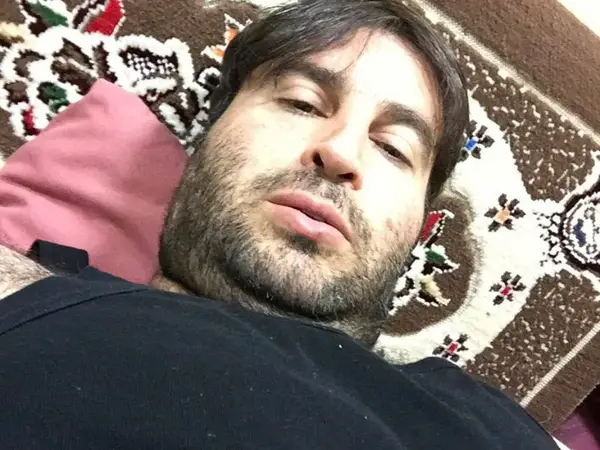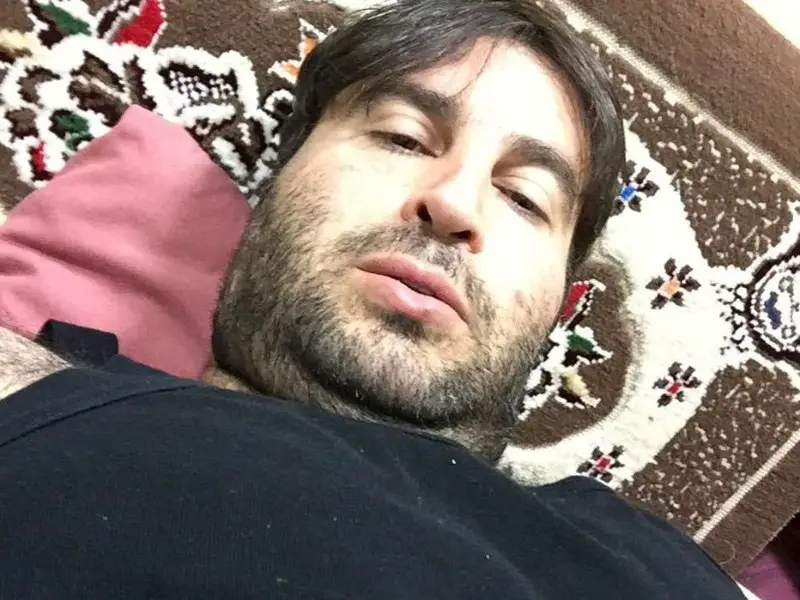Another startling revelation has emerged, implicating officials in the Islamic Republic of Iran in a series of explicit sexual videos.
Among the individuals named in these videos is Mohammad Bagher Bazrafshan, the commander of the Basij base in Tehran's Evin district, whose alleged involvement has sparked considerable public concern and outrage.
The Telegram channel Radio Gilan, known for disseminating such materials, reported on Saturday, supported by visual evidence, that the head of the Crisis Management Supervisory Committee sent a confidential letter to the Director-General of the Tehran Municipality's Inspection Department.
The letter detailed an incident in which Mohammad Bagher Bazrafshan purportedly brought young men to his office after regular office hours, where they remained behind closed doors until the early morning hours.
According to this report, initial reports to the Director-General were disregarded, possibly due to Bazrafshan's association with officials appointed by Mohammad Bagher Ghalibaf, the current Speaker of the Iranian Parliament. However, the Crisis Management Supervisory Committee eventually obtained Bazrafshan's mobile phone during a work meeting, subsequently revealing its contents.
It is important to note that the accuracy of these claims cannot be independently verified. Nonetheless, the information disclosed by the administrator of "Radio Gilan" appears to have been meticulously documented over several months.
Bazrafshan, formerly part of Ghalibaf's security detail, currently serves as the commander at the Evin Basij base.
In the aftermath of these revelations, additional videos and images allegedly featuring Bazrafshan have circulated widely on social media platforms. One particularly controversial video is said to depict Bazrafshan engaging in explicit acts with another individual wearing red women's lingerie, purportedly the deputy of one of Tehran's Basij bases.
In the past several weeks, Radio Gilan, run by Germany-based journalist Payman Behboudi, has released three different videos that have raised a storm on Persian social media.
In the first video, a male City Council member of Bandar Anzali in the northern province of Gilan, was seen smoking opium and masturbating. The second video showed an official engaging in sex with a young man, and the third, released two days ago, shows a cleric engaged in sex with the husband of his wife’s sister. Radio Gilan has also published several screenshots of a sex chat between the cleric, Mehdi Haghshenas, and his brother-in-law.
Many social media users say they are outraged by the hypocrisy of the regime and its affiliated clerics and officials rather than the same-sex relationships between consenting adults.
Late in July, Ghalibaf criticized the leaking of the videos, following similarly critical remarks made by hardliner lawmakers on the parliament floor who claimed that it goes against Sharia law.
This is a typical response by regime officials in Iran who usually advocate ‘killing the messenger’ when faced with evidence of corruption or forbidden activities by insiders. Meanwhile, what Sharia in Iran clearly forbids is homosexuality among men, which it says is punishable by death.
Some analysts speculate that the release of this series of videos, revealing moral misconduct among mid-level officials of the Iranian regime, reflects internal power struggles and disputes. The surreptitious placement of cameras in the homes and workplaces of officials and regime affiliates, followed by the subsequent public exposure of this material, raises questions about the motivations behind these actions, which typically do not involve ordinary citizens.

